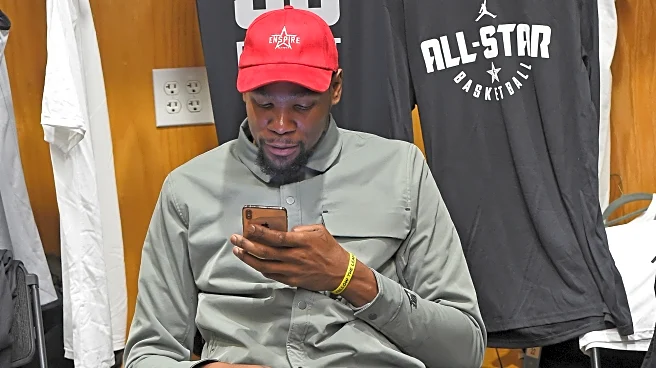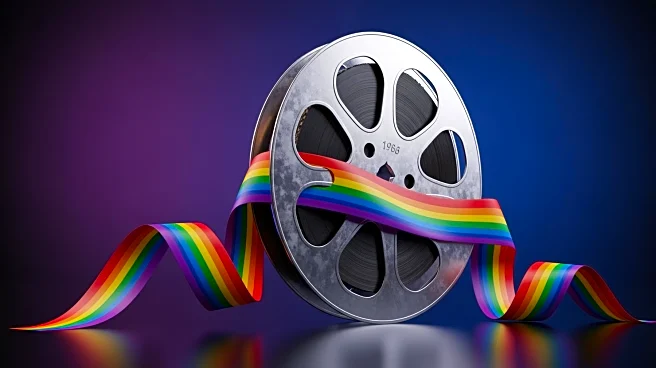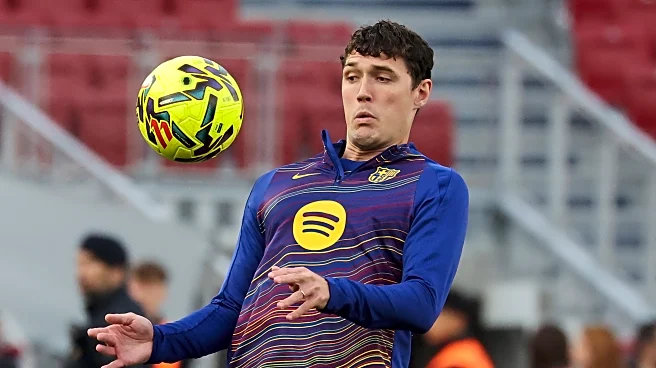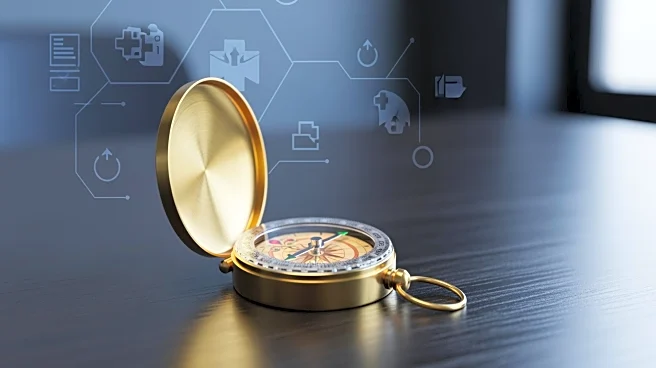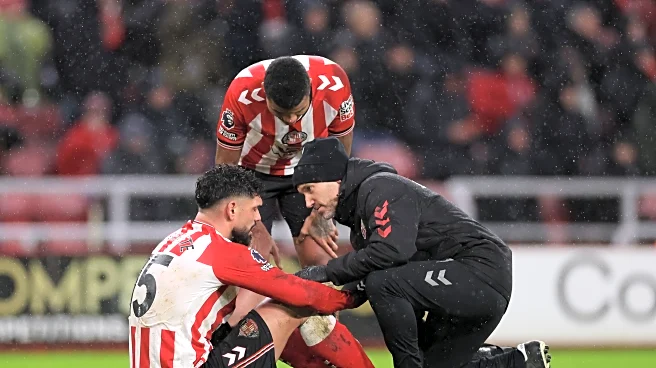As another season of Phoenix basketball creeps closer, there’s this one thing that keeps rattling around in my head, showing up on my feed like an unwelcome ghost. It probably doesn’t get to you the way
it gets to me. You’re not knee-deep in Twitter the way I am, wading through the digital debris. You don’t see the fallout that still drifts long after the explosion.
The nuclear event, of course, was the Kevin Durant era in Phoenix. And what remains, long after the mushroom cloud of that experiment faded, are the stans. They still roam the Twitter timelines, popping up every time I write something that sounds remotely optimistic about the Suns’ team that lies before us.
I’ll post something about the good vibes around this team, and here they come, ready to assume that I’m implying that joyousness in Phoenix must be a direct result of Kevin Durant’s absence. They can’t help themselves. They view my observations of good vibes and insert the assumption that it is a dig at KD. It’s not.
And that’s fine. Every fan base has its echoes. But this particular one hums a little louder than most, even as the rest of us try to move on.
Many of you may know, as you’ve read my writing throughout the entire Kevin Durant era, that I’ve done all I can to be a fair “fanalyst” of Kevin Durant. I’ve respected his game. I’ve challenged his presence. And I’ve said it before: this experiment didn’t fail because of him. It failed because of the front office.
Sure, trading away young players and a bushel of draft capital probably wasn’t the smartest long-term move. But that’s not on KD. The collapse came when the front office doubled down and traded for Bradley Beal, someone with a no-trade clause and a contract shaped like an anchor.
Even this past summer, as I mapped out different paths the Suns could take, I still believed the best route was to keep building around Durant and Devin Booker. But they chose another path. And I’m fine with that. I’m a Suns fan. An “organizational” fan. I don’t follow players from city to city.
Still, every time I express any sort of acceptance that this era is ending, the KD stans flood the mentions. They live in a consequence-free reality. When Durant plays well, they win. When he struggles or the team loses, it’s never on him; it’s the front office’s fault. Either way, they’re always the winners.
So there I was, Friday afternoon, wrapping up work before taking a half day to celebrate my 43rd birthday, and I decided to just…post. No agenda. No bait. Just a thought I wanted to toss into the void. That’s what social media is sometimes. A place to unload a thought, let it breathe, and move on. Twitter is where I compartmentalize, and once it’s out there, I carry the hell on with my life.
What happened next, though, was an unexpectedly lively conversation.
At no point in that post did I even mention Kevin Durant by name. Not once. But, as some of you know, Kevin Durant follows me on that platform.
And he responded.
You could almost hear the record scratch in my brain when I saw it. I haven’t heard from KD since the tumultuousness of the trade deadline weighed on him and the team.
It’s a fair question. He wasn’t taking a shot at me or being defensive. He was asking, honestly, if being an organizational stan is somehow better than being a player stan. If someone who rides for the team through thick and thin, instead of following a player from city to city, deserves the greater-than symbol.
And there’s nuance there. It’s not black or white. It’s not right or wrong. It’s the kind of question that lives somewhere in the gray, right where real fandom usually does.
Kevin Durant, of all people, has every reason to ask it. He’s been part of five organizations now, each time surrounded by a fresh wave of people ready to die on the “KD can do no wrong” hill. That comes with the territory.
So I told him how I see it.
I don’t think I can sum it up better than what I said that day. Fans want success for everyone, not just one guy. Everyone reading this knows that. You’ve seen enough Suns basketball to understand there are always layers to failure. It’s never one person’s fault. It’s an accumulation of bad decisions, missed opportunities, mismatched personalities, and sometimes, flat-out bad luck.
The front office fumbled the execution. The roster construction was flawed. The contracts were mismanaged. Those are organizational problems.
Stans, though, see it differently. They orbit a single star and can’t see the rest of the sky. They might understand the bigger picture, but they don’t care to acknowledge it, not when it gets in the way of their player’s narrative. It’s a strange way to live sports fandom, in my opinion, but hey, to each their own.
Durant came back with something thoughtful. He said maybe it’s fair to say that some players mean a little more to people than being another jersey number.
And that’s fair. I get it. Fans are going to have their favorites. We all do. There are players who connect with you on some level, whether it’s their game, their story, or the way they carry themselves. That’s human nature.
But a stan? That’s different. Their whole identity revolves around that one player. In their eyes, he can do no wrong. Every success is proof of greatness. Every failure is someone else’s fault. You can’t have a real conversation with that kind of mindset. The bias is too thick, too blinding. It’s like trying to reason with someone who’s already decided the verdict before the trial even starts.
That’s where the conversation took a turn.
Durant pointed out that he’s seen both sides of it. He’s seen stans celebrate team success like they grew up bleeding those colors, and he’s seen others shrug it off completely when things go south. He also made a fair observation that organizational fans tend to have more patience, that they do less finger-pointing at the front office when things don’t go their way.
And that’s an interesting distinction, because it hints at how different kinds of loyalty work. One emotional and impulsive, the other grounded in the long game.
I don’t really buy the idea that organizational fans are the patient ones. If anything, we’re the opposite.
We’re hyper-critical of everything. The front office, their philosophies, their draft decisions, their trades, their late-game rotations, all of it. And yeah, that includes the players too. We’re equal opportunity critics. I know because I’m one of them. I live it. I dissect every move, every misstep, every choice that shapes what we see on the court.
Because at the end of the day, only one team wins it all. And when it’s not yours, the blame game starts, and it’s open season.
Durant agreed, saying that’s just the nature of sports storytelling these days.
Win or lose, that’s all anyone seems to care about. There’s no room for context anymore, no patience for the gray areas that actually make sports worth following. And he’s right. I agreed. Because somewhere along the way, the nuance got lost, replaced by takes that fit neatly into headlines and posts that catch fire for a few hours before burning out.
He’s someone whose tweets get retweeted a gazillion times, chopped up, and thrown into twenty different conversations he never asked to be part of.
And that’s kind of the point, isn’t it? People are more than 280 characters on a screen. It’s the same way I feel about what we do here at Bright Side. I don’t want people to stop at the headline. I want them to read the story, to see the layers, the context, the observations that make this place what it is. That’s what makes it worth doing.
Durant? He concurred. And I’m not gonna lie, it was a good conversation. Genuine, thoughtful, and rare for social media, where most exchanges are landmines disguised as dialogue.
It was never my intent to get into a long discussion about what it means to be a fan versus a stan, only to have it evolve into a larger conversation about how sports discourse has lost its nuance in a click-driven, context-starved world.
But that, in many ways, is the complexity of Kevin Durant. A legacy in motion, fully aware of what it means to live under a microscope. He knows he has an army of stans. He knows how narratives can twist and spin in the modern arena. And instead of ignoring it, he engages. He speaks. He interacts with fans online. Some call it a weakness. I’ve always seen it as something different, a kind of candidness that cuts through the noise. A human element that reminds you there’s a person behind the résumé, still trying to make sense of it all like the rest of us.
And I too and a human. And an “organizational fan”, of which I reminded him.
